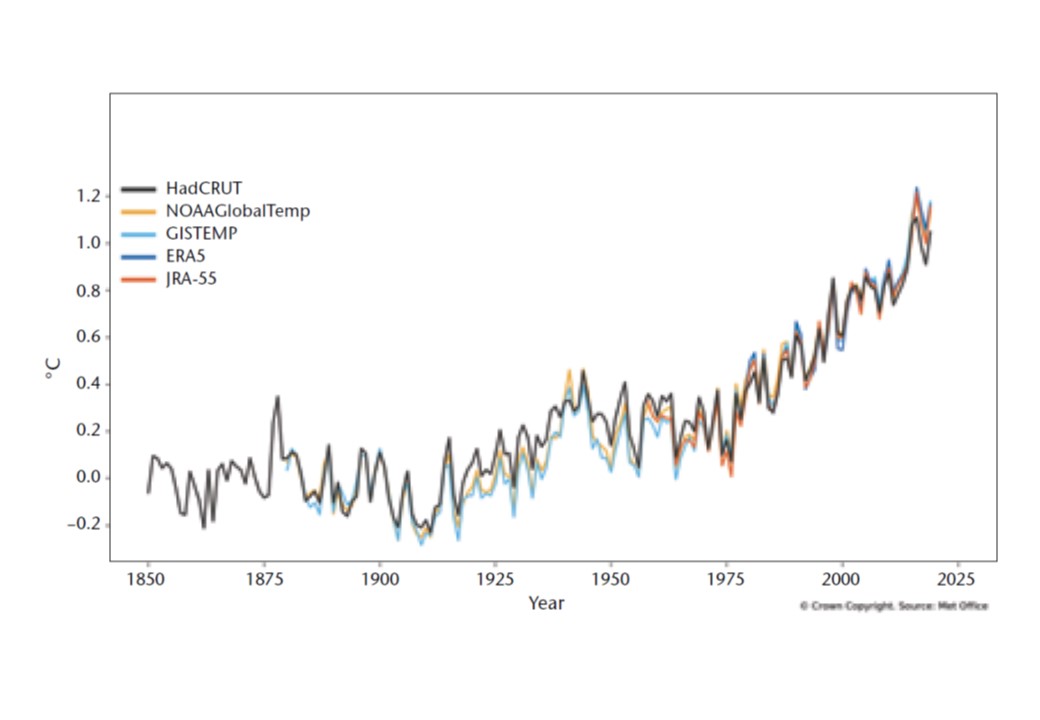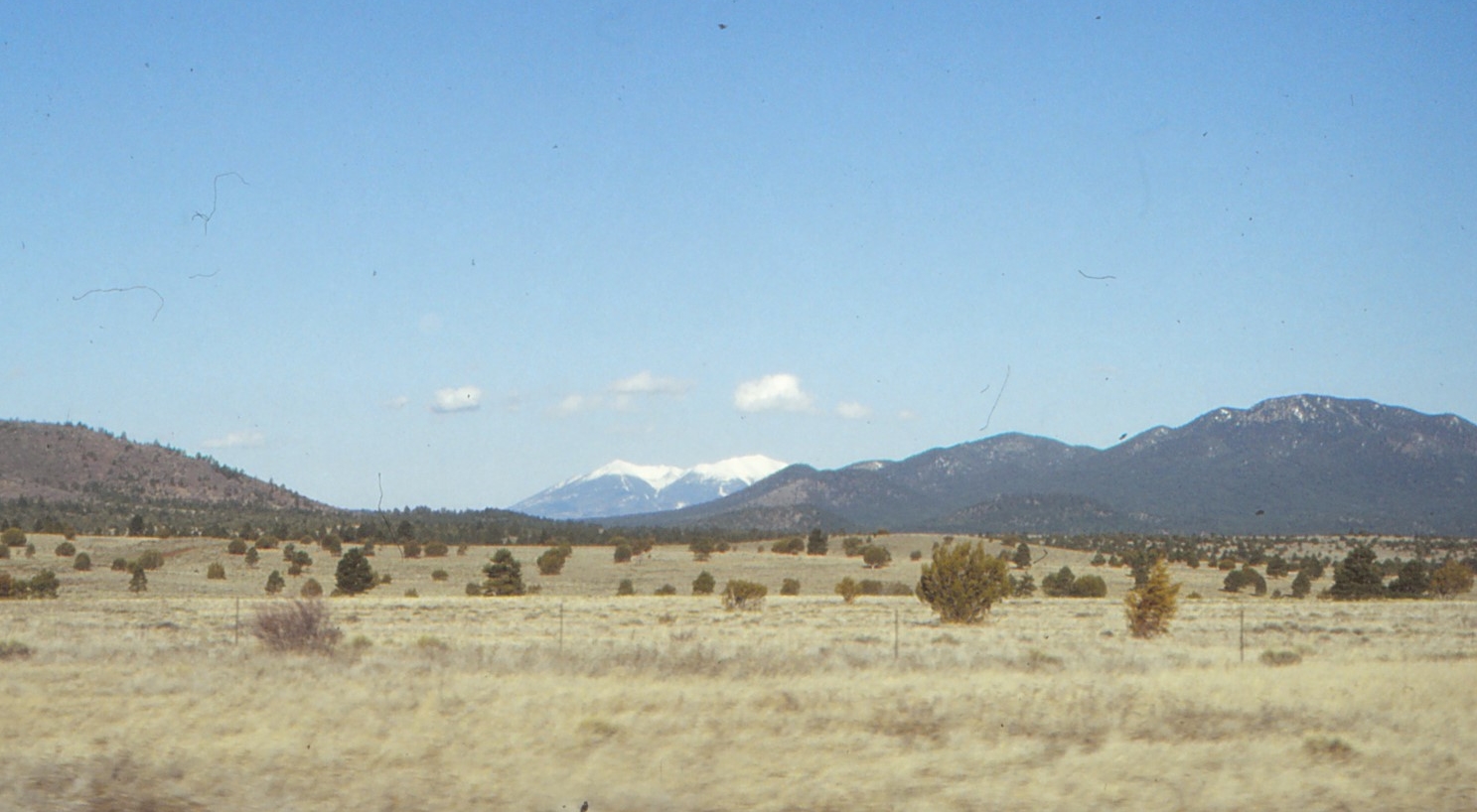Air pollution increases stroke riskPerjantai 7.10.2022 klo 13.44 - Mikko Nikinmaa Today, only climate change effects of fossil fuel burning get attention. While climate change is undoubtedly the ultimate stress, it does not seem to reach the minds and be accepted by many people even today when the heat waves, hurricanes, floods and wildfires all testify that climate change is happening. The people with the highest percentage of climate sceptics are also the most susceptible to stroke: overweight, with low education, not exercising and driving a lot. They are not likely to be worried about something that may happen to the next generation or to other people as long as they can live their comfortable life. But they may get stroke! That is something they are worried about when they drive to work in the congested highways of towns with high nitrogen oxide and elevated small particle levels. In a recent article in Neurology, Tian et al. (DOI: 10.1212/WNL.0000000000201316) showed quite conclusively that this kind of air pollution increases stroke risk. Earlier studies have shown that air pollution causes all sorts of lung-related problems. Thus, there is quite clear evidence that fossil fuel use should be stopped even if one is only worried about one’s own health and wouldn’t care at all of the well being of future generations. |
|
Kommentoi kirjoitusta. Avainsanat: climate change, fossil fuels, climate sceptics, nitrogen oxide, traffic |
Coronavirus and Climate Change, can there be a lesson learned?Keskiviikko 18.3.2020 klo 12.05 - Mikko Nikinmaa A teenager came to his/her grandparents and was furious. “Things which were yesterday impossible to accomplish, because climate change mainly affects us young, are today done, because it is mainly you old who suffer from coronavirus.” While this is largely true, the pandemic may give wind to the sails of climate activists after the acute coronavirus crisis is over. To start with World Meteorological Organization just published “WMO Statement on the State of the Global Climate in 2019” (https://public.wmo.int/en). It clearly shows the unfortunate events that are currently taking place: temperature increase, ocean acidification, spreading of hypoxic zones in aquatic systems etc. These things are often accepted by clim |
|
Kommentoi kirjoitusta. Avainsanat: world meteorological organization, climate sceptics, energy consumption |
Sweating in the Heat Wave - the New NormalPerjantai 26.7.2019 klo 12.37 - Mikko Nikinmaa All time temperature records have been broken is Europe. When the high temperatures should be around 20 Celcius in Alaska, they have been about 30. High temperature records have been broken in East Coast and Midwest of USA. India has suffered from the worst heat waves ever. July of 2019 will probably become the warmest July in the world during measured history. And among the ten highest average temperatures of the year, nine are from the years 2010-2018. Yet there are people denying that climate change is occurring. Another group is saying that t The temperature increase has already caused deaths of animals. Last summer there were a lot of fish kills in small Finnish lakes, which could only be attributed to temperature increase. Similarly, in marine Australian waters temperate fish species have experienced significant mortalities while tropical fish have had no ill effects. The four-horned sculpin in the Baltic Sea has all but disappeared. While the reason for its population decrease has not unequivocally been clarified, it is worth noting tha it is a cold-water species and has disappeared during the time that temperature has increased by 3 degrees. Although it is probably useless to say these things to the readers of this blog, since undoubtedly you all agree with the above points, I am at a loss in trying to make climate sceptics to realize that something should be done, and fast. |
|
Kommentoi kirjoitusta. Avainsanat: climate change, climate sceptics, temperature |
No Anthropogenic Climate Change? Another case where correlation is falsely interpreted to indicate causalityLauantai 20.7.2019 klo 15.05 - Mikko Nikinmaa An article “giving experimental evidence” that it is not greenhouse gases, but changes in humidity/low level clouds, causing temperature increase, is circulating. The article is widely used by climate sceptics to indicate that carbon dioxide increase has little to do with the observed temperature increase. I wish it were so, but a quick reading of the ArXiv 2019 (Kauppinen & Malmi; arxiv.com) manuscript (NO EXPERIMENTAL EVIDENCE FOR THE SIGNIFICANT ANTHROPOGENIC CLIMATE CHANGE) indicates a serious problem in the conclusion. Measurements of temperature change are unequivocal – temperature has increased markedly from preindustrial time, especially during the last 50 years. Since temperature, cloud cover and humidity data can be found, the authors have calculated correlations between temperature and the other two and have shown significant |
|
Kommentoi kirjoitusta. Avainsanat: global temperature, climate sceptics, cloud cover, anthropogenic |

 ate sceptics, but they maintain that human influence has nothing to do with them. It is here that coronavirus lockdowns may give climate scientists a strong and unanimous data set. The measures which have been taken affect the world energy consumption for the first half of 2020. The decrease may be big enough to be seen in the global measures for 2020. If it is, it will show two things: (1) The climate change has a measurable (and significant) human component and (2) it is possible to carry out actions, which combat climate change effectively and which allow decent life.
ate sceptics, but they maintain that human influence has nothing to do with them. It is here that coronavirus lockdowns may give climate scientists a strong and unanimous data set. The measures which have been taken affect the world energy consumption for the first half of 2020. The decrease may be big enough to be seen in the global measures for 2020. If it is, it will show two things: (1) The climate change has a measurable (and significant) human component and (2) it is possible to carry out actions, which combat climate change effectively and which allow decent life. here may be temperature increase, but that it does not have anything to do with human actions. I cannot understand either: statistics show the temperature increase. And if one is of the opinion that there may be temperature increase, but that it is not anthropogenic, why would one oppose climate change actions. If the actions were successful in decreasing carbon dioxide (and methane) levels, but still the temperature would increase, the persons could say "what did I say".
here may be temperature increase, but that it does not have anything to do with human actions. I cannot understand either: statistics show the temperature increase. And if one is of the opinion that there may be temperature increase, but that it is not anthropogenic, why would one oppose climate change actions. If the actions were successful in decreasing carbon dioxide (and methane) levels, but still the temperature would increase, the persons could say "what did I say". relationship. Up to this point I have no quarrel with the authors. But then, at least to my understanding, they conclude that these correlations indicate causality. From the observed temperature and cloud cover change they calculate that an increase in % cloud cover causes a decrease in temperature by 0.11 degrees/% cloud cover. However, correlation does not mean causality, it is equally possible that an additional factor influences one or both components of the correlation. A good example of this is the classical ice cream eating and drowning-relationship. There is very tight correlation between the consumption of ice cream and the number of drowning accidents. Yet, few people would claim that ice cream eating causes drowning. A similar problem is in this case, the authors’ calculation indicates an association between cloud cover change and temperature increase. However, the reason why the temperature increases is not verified by the authors’ calculations. It could be anything, for example anthropogenic. Thus, the study does not prove “that the changes in the low cloud cover fraction practically control the global temperature”. It is difficult for me to understand, why this kind of obvious weakness has remained unobserved, when at the same time inaccuracies in the IPCC conclusions are pointed out.
relationship. Up to this point I have no quarrel with the authors. But then, at least to my understanding, they conclude that these correlations indicate causality. From the observed temperature and cloud cover change they calculate that an increase in % cloud cover causes a decrease in temperature by 0.11 degrees/% cloud cover. However, correlation does not mean causality, it is equally possible that an additional factor influences one or both components of the correlation. A good example of this is the classical ice cream eating and drowning-relationship. There is very tight correlation between the consumption of ice cream and the number of drowning accidents. Yet, few people would claim that ice cream eating causes drowning. A similar problem is in this case, the authors’ calculation indicates an association between cloud cover change and temperature increase. However, the reason why the temperature increases is not verified by the authors’ calculations. It could be anything, for example anthropogenic. Thus, the study does not prove “that the changes in the low cloud cover fraction practically control the global temperature”. It is difficult for me to understand, why this kind of obvious weakness has remained unobserved, when at the same time inaccuracies in the IPCC conclusions are pointed out.